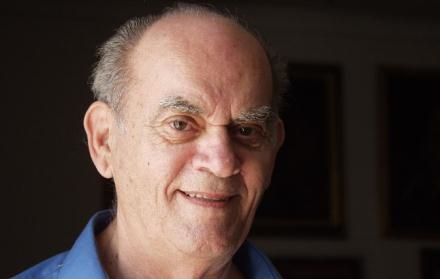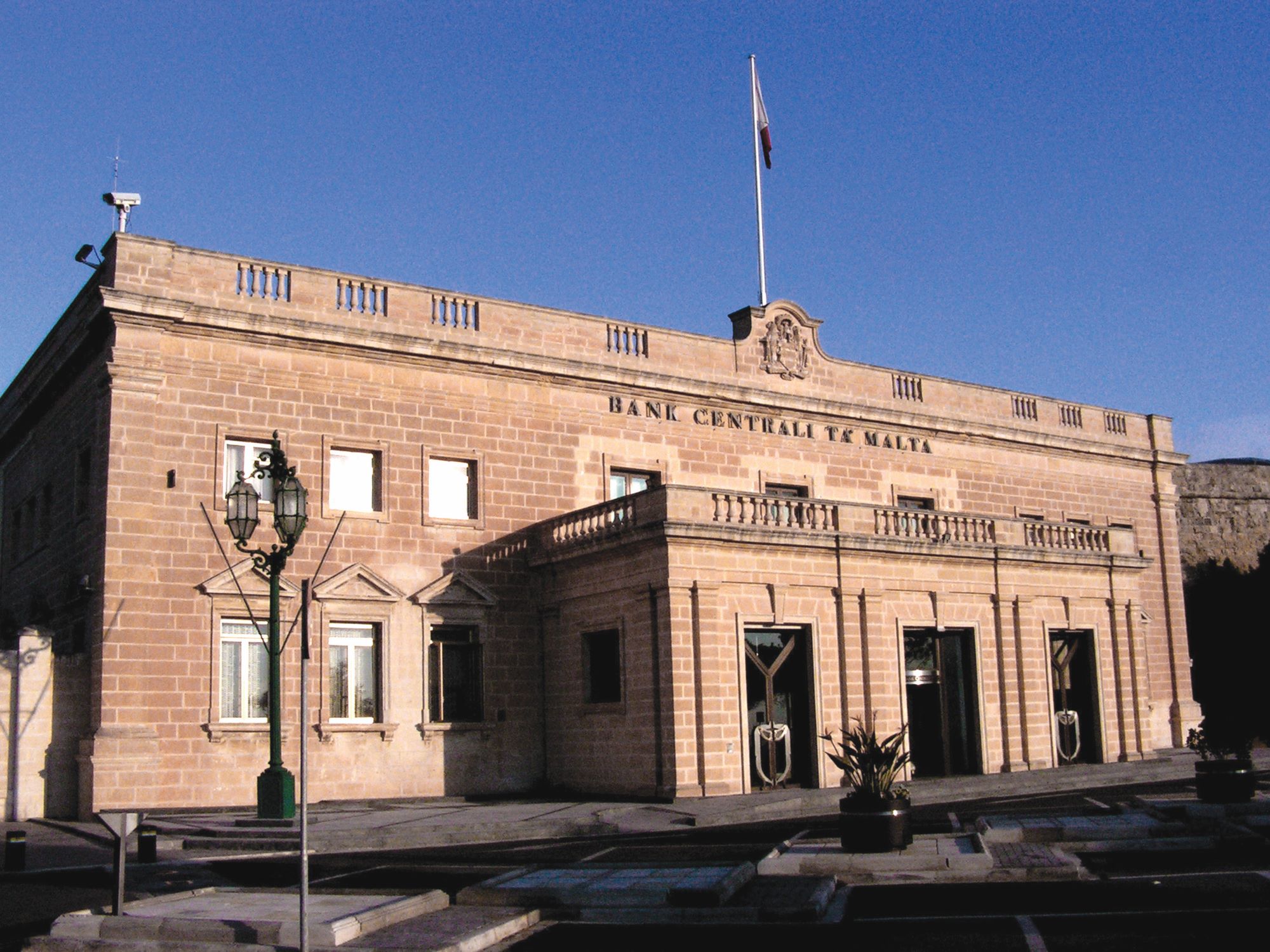It has been almost 50 years since BICAL Bank went into administration, but many depositors are still waiting for their money to be returned as the long running legal saga featuring high political drama carries on.
Finance Minister Clyde Caruana pinned the blame for the failure to reach a resolution half a century later on the legal cases instituted by the banks’ founders’ heirs to receive their inheritance, effectively pitting owners against depositors in a case full of political intervention.
Replying to a parliamentary question put forward by Opposition MP Charles Azzopardi, the Finance Minister said that the bank’s dissolution is at “an advanced stage”, although ongoing court cases are impeding its finalisation.
Cecil Pace and his brother Henry were once among Malta’s leading industrialists with interests spanning hotels, shipping, manufacturing, and car imports. Their economic ventures employed about 4,000 people, making them one of the most powerful employers in the country.
BICAL Bank was set up in 1962, though a red flag raised over its financial soundness by the Central Bank of Malta in 1970 indicated that it was exposed to significant risk due to a shortage of liquidity, with many loans concentrated on a small number of industries in which the Pace brothers had a direct interest.
After the Labour Party returned to power in 1971, its future leader and Prime Minister, Karmenu Mifsud Bonnici, was appointed controller of the troubled bank, while its founders were accused of misappropriation of funds, the reason, ostensibly, for their subsequent imprisonment.
However, the account is not short of political intrigue, with both major parties seemingly having a role to play in the bank’s collapse.

In November 1972, Mr Pace uncovered a ploy through which a bank manager close to the Nationalist Party, Lawrence Cachia Zammit, brother of the PN’s Minister for Health Alexander Cachia Zammit, allegedly used bank funds to pay for printing equipment for the party’s use, with additional payments made to fund his expensive pastime of keeping racehorses.
That same month, Mr Pace was called into then-Finance Minister Guze Abela’s office where he was allegedly told that his bank is “no more”, leading to a run on the bank’s reserves over the following days. Future Prime Minister Mifsud Bonnici is eventually appointed BICAL controller with a mandate to sell off any of its assets to clear its liabilities.
In January 1973, the Justice Minister at the time, Anton Buttigieg, allegedly bluntly asked Mr Pace to take on Prime Minister Dom Mintoff as a business partner, in return for the possibility of obtaining licences to open new branches and taking over Government accounts.
Mr Pace refused, and was arrested the following day. Four years of imprisonment and house arrest later, he and his brother were convicted for misappropriation, fraud, and forgery, being sentenced to 14 and nine years respectively.
Upon his release in 1985, Mr Pace and his brother initiated a series of legal proceedings over the mishandling of BICAL and its companies, claiming that the controllers enriched themselves at the expense of the group while disposing of its assets at cut-rate prices without maintaining proper records.
In 2011, around 20 per cent of the funds due to depositors were allegedly still unpaid.
Mr Pace passed away in January 2017 at the age of 89, but the legal saga continues. Last year, a case pertaining to the Excelsior Hotel in Floriana, again the subject of political intrigue, was lost by his heirs
The full story can be found at Malta Heritage and History, while the explosive revelations uncovered by MaltaToday can be found here.
Featured Image:
The Central Bank of Malta
MFSA flags ‘misalignment’ between objectives and public expectations of green loans
Green investment is nonetheless expected to balloon over the coming years
Super rare Ferrari Daytona SP3 spotted cruising along Malta’s roads
The car is currently being traded for a whopping €4 million
Mandatory skills pass for Maltese and EU nationals deferred for a year
The skills pass remains obligatory for third country nationals






